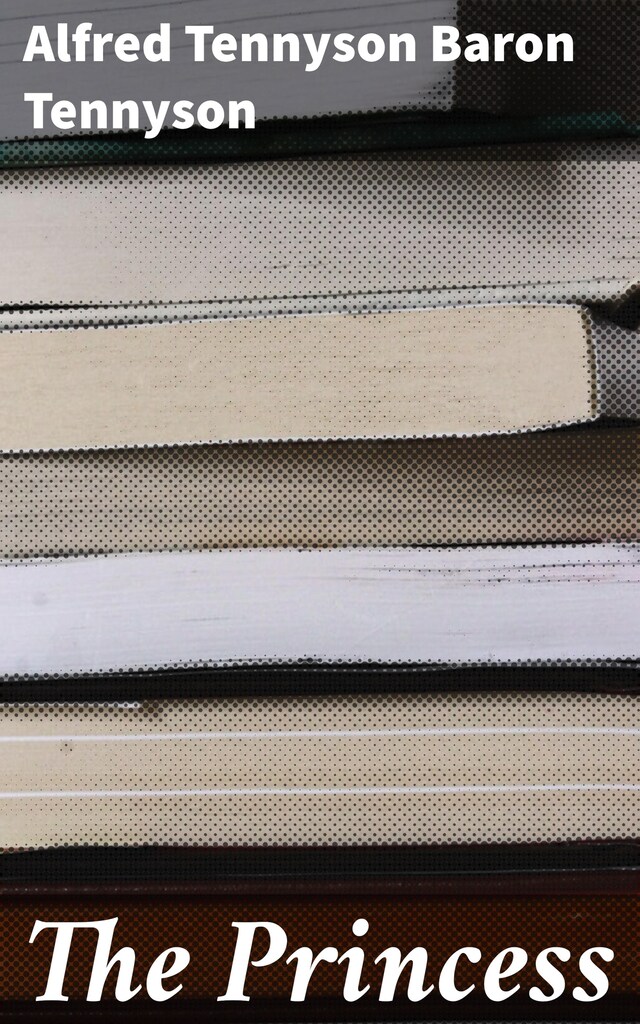The Princess
Exploring Love, Gender, and Society in Victorian Poetry
Description of book
Alfred Tennyson's "The Princess" is a pioneering poetic exploration that deftly blends narrative with lyrical expression, addressing themes of gender, education, and social reform during the Victorian era. Written in verse, the poem recounts the story of a secluded princess who seeks to challenge the conventions of a patriarchal society by establishing a women's university. Tennyson employs a rich tapestry of imagery and classical allusions, engaging with the socio-political discourse of his time while contemplating the roles and rights of women amid changing societal norms. The poem's intricate structure and rhythmic cadences reflect Tennyson's masterful command of form, making it a transformative piece in the canon of Victorian literature. Alfred Tennyson, the Poet Laureate of Great Britain, emerged as a leading voice in the Victorian literary landscape, deeply influenced by the intellectual currents of his time, including the women'Äôs rights movement. Tennyson's personal experiences, including the loss of friends in the Crimean War and his reflections on life and love, infused his works with a profound emotional depth. His engagement with philosophical themes and societal issues resonates throughout "The Princess," showcasing his commitment to illuminating moral and ethical dilemmas. This compelling narrative invites readers to reflect on the complexities of gender relations and the pursuit of knowledge. "The Princess" stands as both a literary triumph and a social critique, making it a must-read for those interested in the interplay between literature and social change. Tennyson'Äôs poignant reflections on personal autonomy and gender equality offer timeless insights relevant to contemporary discourse.
 Alfred Tennyson Tennyson
Alfred Tennyson Tennyson 85 Pages
85 Pages